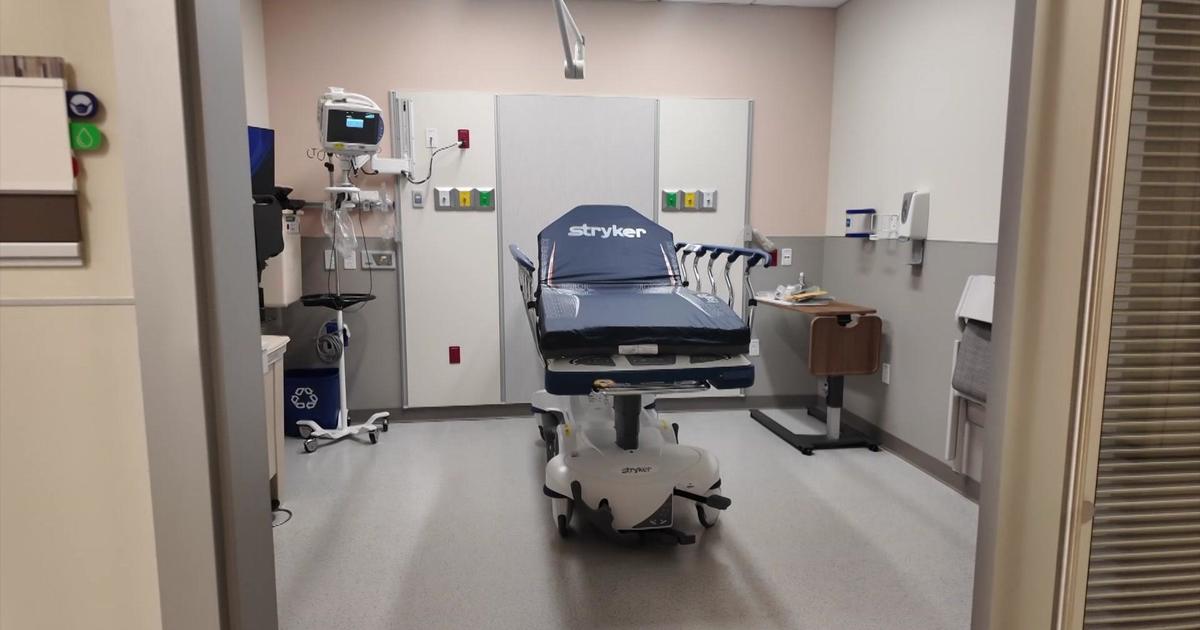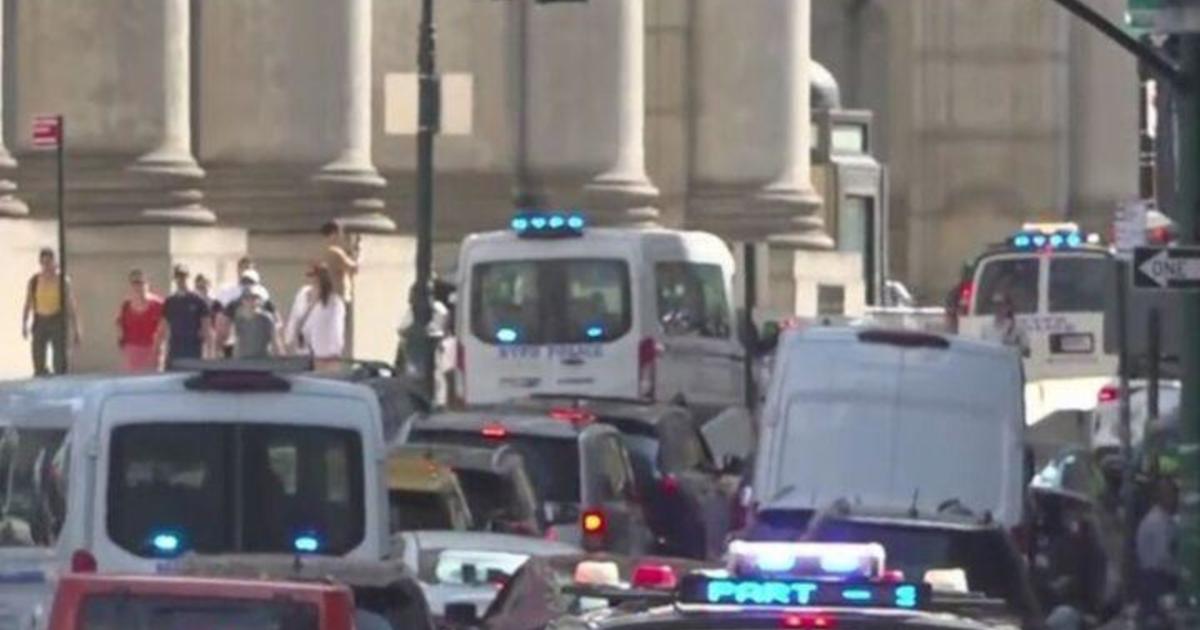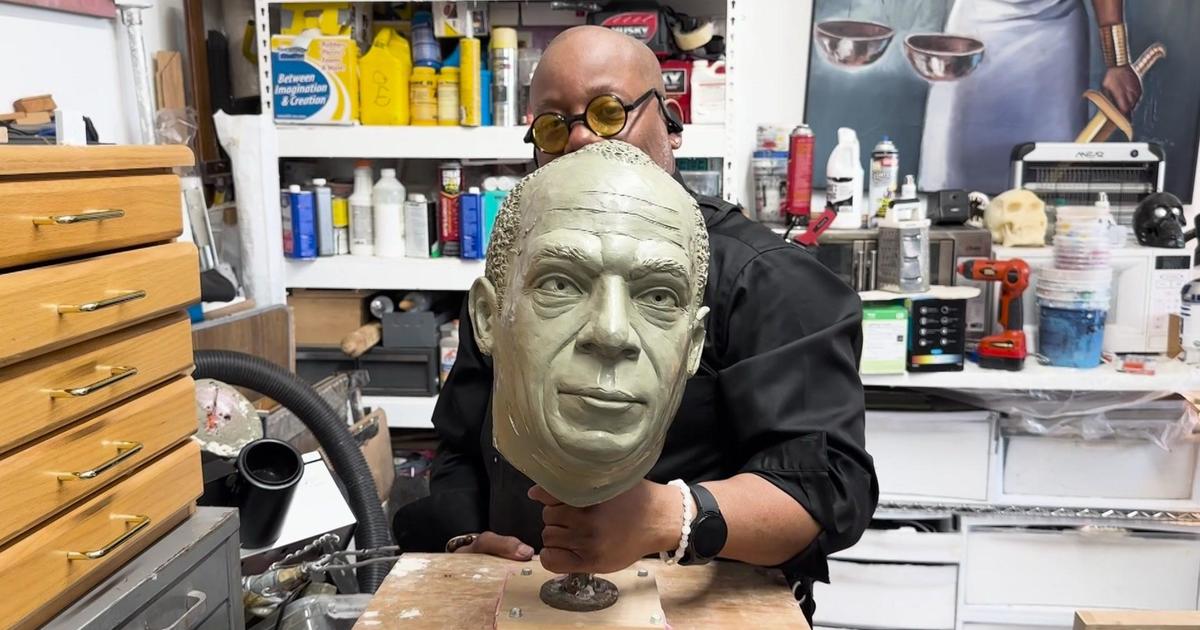Silent Heart Attack: Knowing The Subtle Symptoms
NEW YORK (CBS 2) -- More than one million Americans have heart attacks each year, but many times, some of the most serious symptoms of an imminent attack go unnoticed.
CBS 2's Dr. Holly Phillips has the details on some subtle signs of a heart attack.
"When I went to lay down, I broke out in a sweat. I got very hot," Shirley Ann Brown said.
Brown never thought she was having a heart attack, but she was.
"My husband had had a heart attack, and his heart attack was completely different from what I was experiencing," she said.
Mary Ann Herman, 57, ignored her warning symptoms for months.
"I started getting a little shortness of breath, but I thought it was because of my age and I haven't exercised in a while," Herman said.
At a routine doctor visit, though, Herman found herself being rushed in for an emergency procedure to prevent a heart attack.
Cardiologist Dr. Margaret Furman says heart attacks don't always start with crushing chest pain – symptoms can be surprisingly subtle. For instance, some people simply experience nausea or vomiting.
"We see it a lot – people said they thought they were having food poisoning because they ate a bad tuna fish," Dr. Furman said.
Heart attack victims may also have sudden sweating with little or no pain.
"Most people know that they'll sweat when it's hot out or if they've been exercising, but if you suddenly get very sweaty and it's cold – or you've been fine, and it's something all of a sudden, you haven't been doing anything – that can be a sign that something is going on," Dr. Furman said.
Even though they're more common in women, both genders can experience these subtle signs of a heart attack – and men are five times more likely to recognize the symptoms as a problem.
"Women really, we don't take care of ourselves, we take care of everybody else," Herman said. "So it's time we get up and go to the doctor."
Sudden nervousness, anxiety or a sense of unease is another red flag.
"It could be as simple as, 'something is up, I don't feel right,'" Dr. Furman said.
Shortness of breath can be a sign you're suffering a heart attack, as can dizziness, even without any other pain or discomfort.
Even though the signs are subtle, recognizing them can make the difference between life and death.
"The longer you wait, the more potential for a greater amount of damage to your heart muscle, and long-term consequences," Dr. Furman said.
After her heart attack, Brown believes early detection is the key.
"I don't think it makes a difference how old you are, what your shape is or anything like that," Brown said. "You should go and see a doctor and have a test."
About one-third of all heart attacks do not cause any chest pain, and may consist of one or more of these more subtle symptoms.



